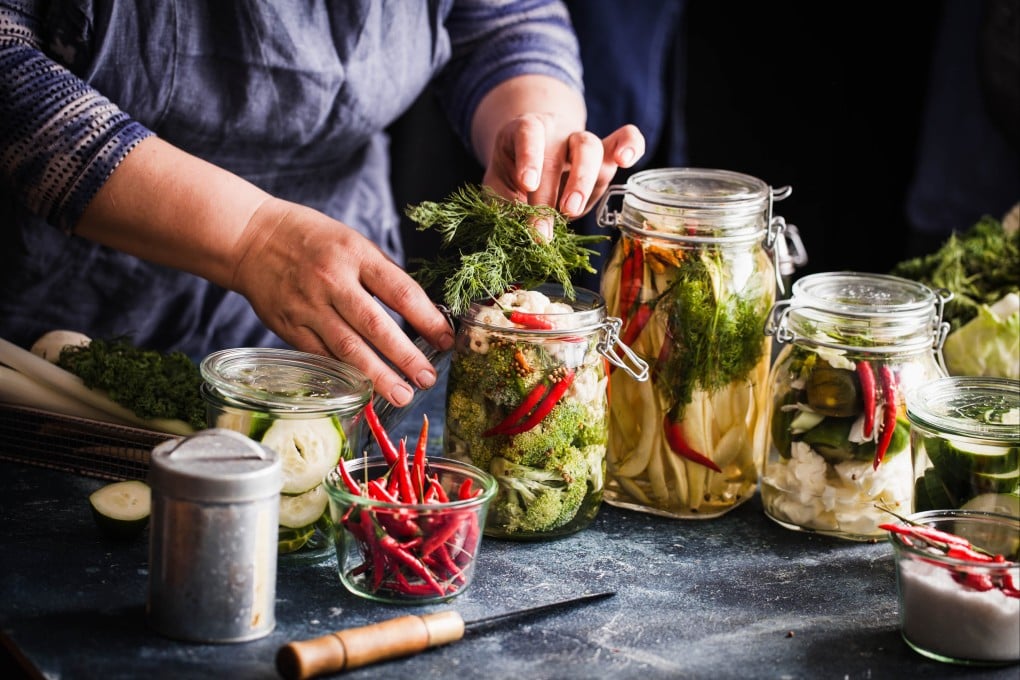Why salt-preserved vegetables may not be so good for you
- A major international study has found a link between the food and death from digestive tract cancer and stroke
- Preserving methods appear to make a difference in health risk, according to researchers

People who often eat salt-preserved vegetables have a higher chance of death from digestive tract cancer or a stroke from bleeding on the brain, according to researchers involved in a decade-long study in China.
But no such harm was found in preserved vegetables made with vinegar or between salty preserved vegetables and other kinds of cancer or chronic diseases, they said.
The study, by researchers from the eastern province of Zhejiang, was published in the peer-reviewed journal BMC Medicine earlier this month and based on data on hundreds of thousands of people enrolled in the China Kadoorie Biobank.
The biobank is a collaboration between China and Britain, and is the world’s largest prospective cohort study examining how lifestyle, environment and genetics are associated with common diseases.
A total of 440,415 participants free of major chronic diseases, aged 30–79 years, were enrolled from 10 diverse regions in China between 2004 and 2008 and were followed up for an average of 10 years.
The researchers sifted through the data as part of the first large-scale study looking into the link between the consumption of preserved vegetables and deaths caused by specific illnesses.